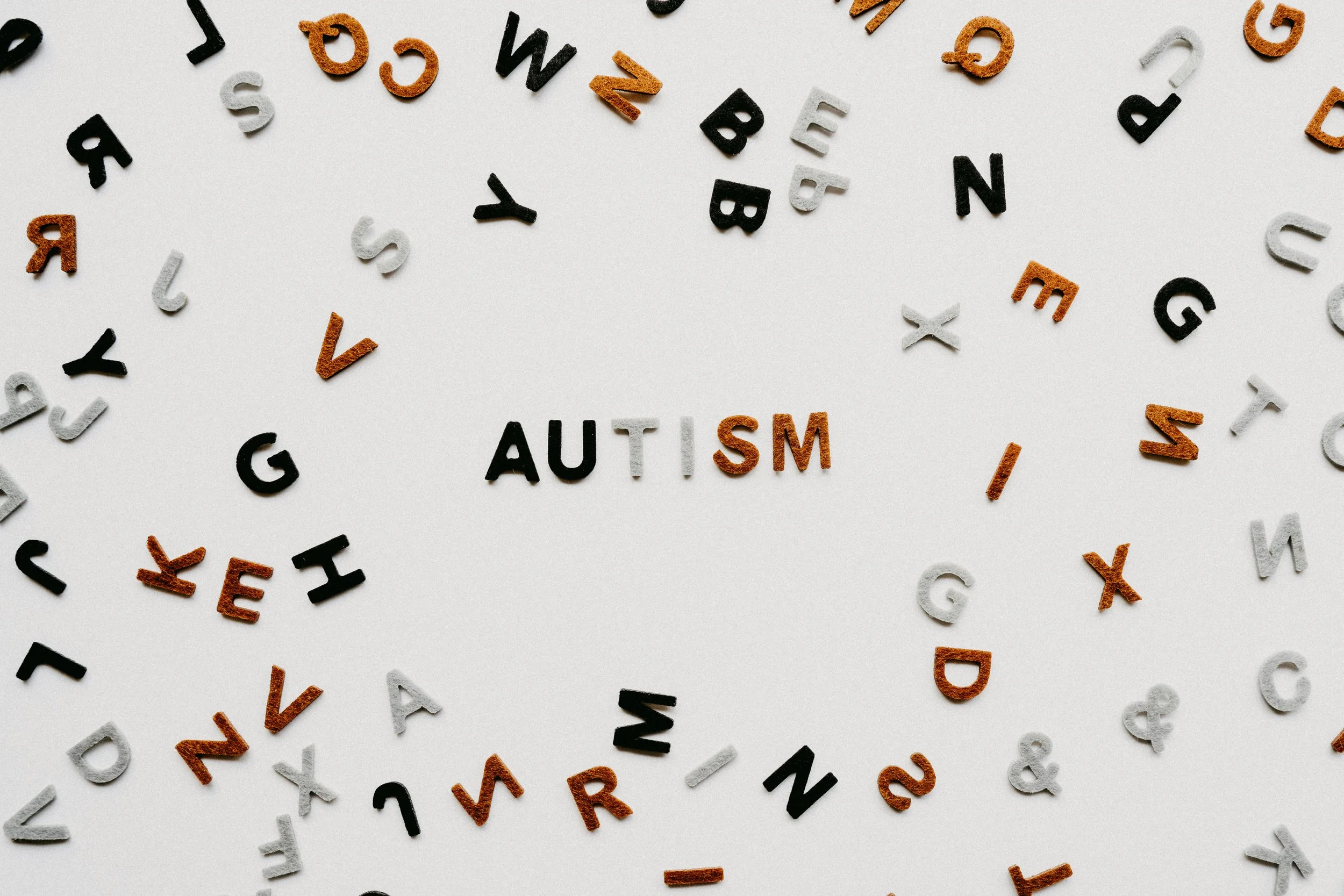
Explore our collection of evidence-based studies and resources, created to inform and support your journey.
Evidence Based Studies
-

Sleep
Neurofeedback addresses insomnia by retraining the brain’s regulation of sleep. The article frames insomnia as a disorder of dysregulation, where normal circadian and homeostatic processes are disrupted and reinforced by conditioned patterns. Neurofeedback provides real-time feedback on brain activity, allowing the brain to “see” its own dysfunction and gradually shift toward healthier patterns. This helps break the cycle of conditioned insomnia, improve sleep onset and maintenance, and restore more stable neurological organization of sleep.
-

Migraines
Research has shown that infralow-frequency (ILF) neurofeedback can provide lasting relief for people with chronic, treatment-resistant headaches. By training the brain’s slow control networks, ILF helps restore balance in systems that regulate pain, sleep, and mood. Many patients experience fewer headaches, better sleep, and improved daily functioning without heavy reliance on medication.
-

Reading Disabilities
A study with six children who struggled with reading found that neurofeedback—training the brain to improve its activity—helped them read better and recognize sounds in words more accurately. The training seemed to improve communication between different parts of the brain, which may explain the boost in reading skills.
-

Depression
A 2018 study found that Neurofeedback helped reduce depression in three participants. After 20 sessions, symptoms improved and brain activity became more balanced.
-

PTSD
Infra-low frequency (ILF) neurofeedback helped a combat veteran improve emotional regulation, sleep, and overall well-being by training the brain’s slow-wave activity. This non-invasive approach shows promise for supporting trauma recovery.
-

Chronic Fatigue
A 21-year-old woman suffering from chronic fatigue syndrome (CFS), marked by mental fog and cognitive slowing but no psychiatric history, underwent treatment combining EEG neurofeedback and self-hypnosis. Her EEG showed unusually high theta activity in her left frontal region. After intervention, she reported marked improvements in energy, clarity, and mood that held up at 5, 7, and 9-month follow-ups.
-

Autism
A case study involving a 5-year-old child with ASD demonstrated that 26 sessions of Neurofeedback over six months led to significant improvements. The child showed an 80% reduction in physical symptoms and a 77% reduction in sleep-related issues. Overall, symptoms decreased by 15–80%, suggesting ILF neurofeedback as a promising, non-invasive treatment for ASD.
-

ADHD
A 2009 meta-analysis reviewed multiple studies on neurofeedback for Attention Deficit Hyperactivity Disorder (ADHD). The findings showed that neurofeedback significantly reduced inattention and impulsivity, with moderate effects on hyperactivity. The study concluded that neurofeedback is an “Efficacious and Specific” treatment for ADHD.
-

Pregnancy & Postpartum
A study in the Health Psychology Journal found that neurofeedback significantly reduced pregnancy-related anxiety (71–74%) and depression (72–77%) in three women. The study suggests that neurofeedback can be a promising, non-invasive intervention for managing mental health challenges during pregnancy.
